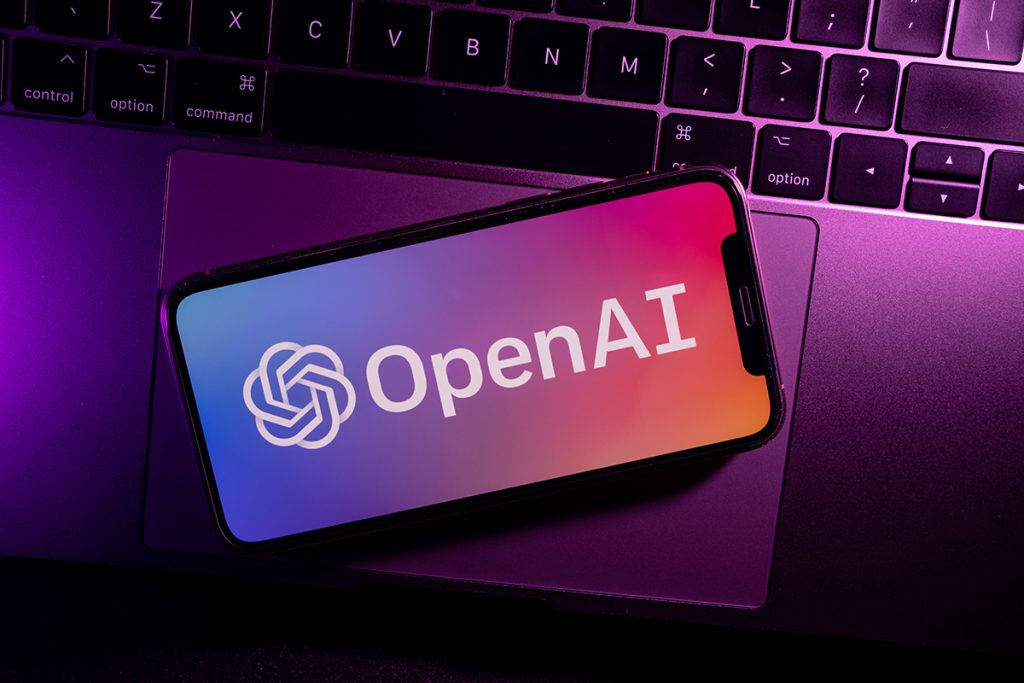In a bold move that blends technology and politics, Victor Miller, aged 42, recently made headlines by attempting to nominate an AI chatbot named VIC for the mayoral candidacy of Cheyenne, Wyoming. Miller argued that VIC, short for “virtual integrated citizen,” powered by OpenAI’s advanced artificial intelligence, could revolutionize governance by making data-driven decisions for the city.
OpenAI swiftly intervened, halting Miller’s use of their technology for political campaigning, citing policies prohibiting such uses. The company’s stance highlights ongoing debates over the ethical and legal implications of AI in governance and political processes. According to OpenAI, using their technology for political purposes breaches their guidelines against generating personalized campaign materials.
Wyoming’s Secretary of State, Chuck Gray, emphasized that state law requires candidates to be qualified electors, meaning VIC, as an AI bot, does not meet the eligibility criteria. Gray raised concerns that Miller’s use of VIC could potentially undermine the integrity of the electoral process by circumventing human candidacy requirements.
Across the Atlantic, a similar scenario unfolded as OpenAI took action against Steve Endacott, an independent candidate in the UK using AI models for parliamentary campaigning. Endacott’s campaign, featuring an AI chatbot named AI Steve, aimed to engage voters and develop policy suggestions based on user interactions. Despite the shutdown of AI-powered campaigning tools, Endacott’s website remains operational.
Experts in AI and politics caution against relying solely on AI for decision-making in government. Jen Golbeck, a professor at the University of Maryland, emphasized that while AI can assist in data analysis and constituent interactions, human judgment remains crucial in making informed policy decisions. David Karpf, an associate professor at George Washington University, labeled the use of AI candidates as a cultural gimmick rather than a serious attempt at political reform.
The emergence of AI candidates also raises concerns about misinformation and electoral integrity. Earlier instances of viral misinformation during elections underscore the potential risks of AI-driven political campaigns. Despite these challenges, some experts acknowledge the potential of AI in supporting administrative tasks and enhancing civic engagement through improved access to information.
Despite facing setbacks, Victor Miller remains committed to his vision of integrating AI into local governance. He plans to continue using VIC to interact with voters at public events, leveraging its voice-to-text capabilities to answer questions directly. Miller hopes that his initiative sparks a broader conversation about the role of AI in politics and governance, envisioning a future where AI-driven solutions complement human decision-making processes.
While debates around AI in politics continue to evolve, legal scholars like Chuck Gray suggest that formal legislation may be unnecessary, given the inherent limitations of AI in representing human interests effectively. Critics like David Karpf maintain that the primary focus should remain on ensuring that electoral processes uphold democratic principles and public trust.
As the world navigates the intersection of technology and governance, the debate over AI’s role in politics promises to shape future discussions on democracy, ethics, and the evolution of electoral processes. Whether viewed as a novelty or a glimpse into the future, the controversy surrounding AI political candidates underscores the need for thoughtful consideration of how emerging technologies intersect with democratic norms and institutions.
Ultimately, while VIC and AI Steve may have been halted in their tracks by policy enforcement, their brief foray into electoral politics has ignited a broader conversation about the potential and pitfalls of AI in shaping the future of governance.


